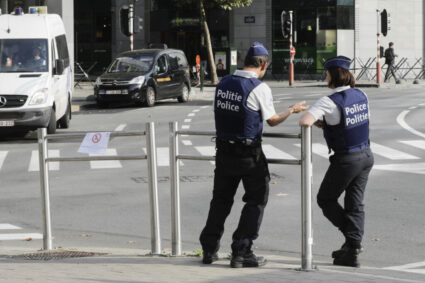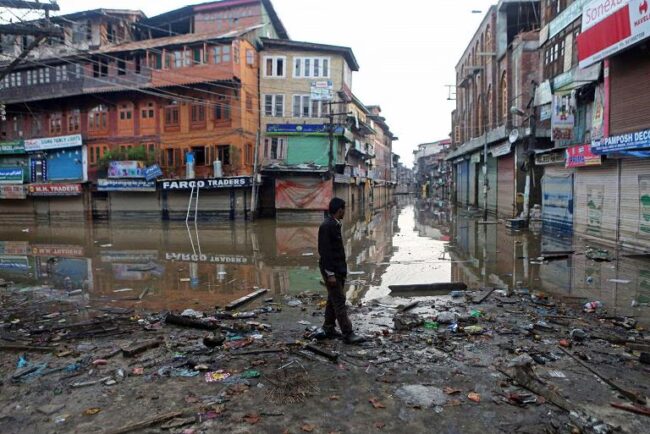Anti-European populist parties are forecast to top the polls in nine EU member states, including the Netherlands, Belgium, France and Poland and score second or third place finishes in a further nine countries, according to a new analysis commissioned by the European Council on Foreign Relations think-tank.
In the Netherlands, Geert Wilder’s far-right PVV is set to emerge as the largest party, while Peter Omzigt’s NSC will win five seats in their first outing in Europe, the survey shows. The PVV, which backs a Nexit, won some 25% of the vote at the November general election.
The Netherlands will go to the polls on June 6 to elect 31 MEPs for the 720 seat European parliament. The PVV currently has no MEPs, having lost its sole representative to the far-right pro-Russia Forum voor Democratie.
The ECFR says a coalition comprising the “populist right” could emerge with a majority for the first time, with potential substantial gains for the ID group and the European Conservatives and Reformists (ECR), dramatically shifting the balance in parliament.
The results, the agency says, could also have significant consequences for the EU’s policy agenda – including the European Green Deal, support for Ukraine, and the bloc’s enforcement of the rule of law.
In addition, the researchers say the combined PvdA-Groen Links list is set to do less well in the European parliament election than they did in the recent national election “which may raise questions about the viability of this alliance going forward”.
The VVD is currently the biggest Dutch party in Europe and campaign leader Malik Azmani said earlier this week the threat of a European parliament with the far right in the driving seat is “real”.
Azmani, who opted not to stand for the leadership of the Renew group in the European parliament because his party is currently in coalition talks with the PVV, said that the far right “want to weaken European, not strengthen it.”
The PVV has not yet published any information about its European campaign.













